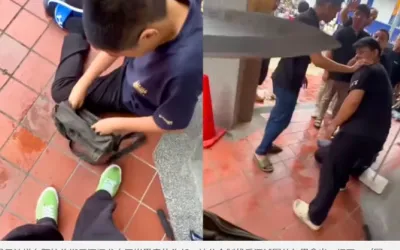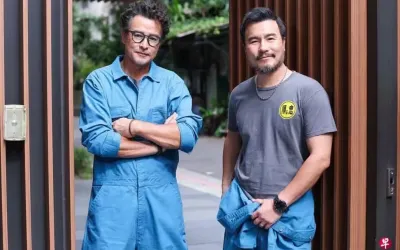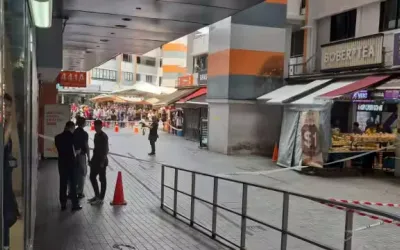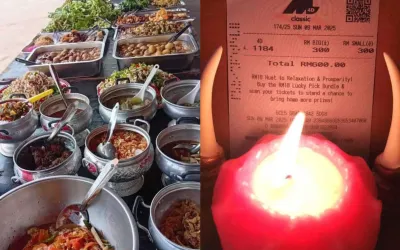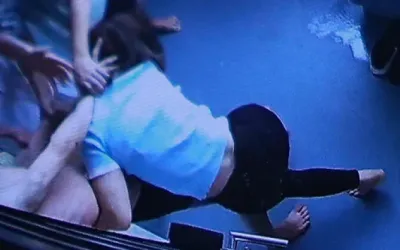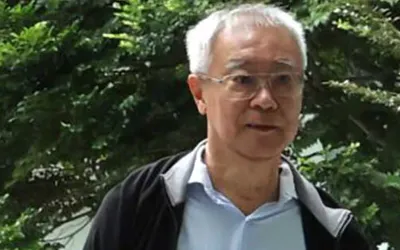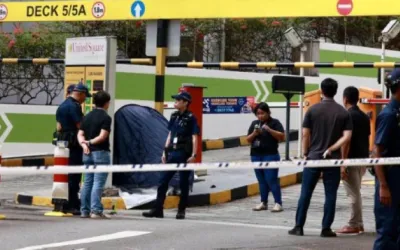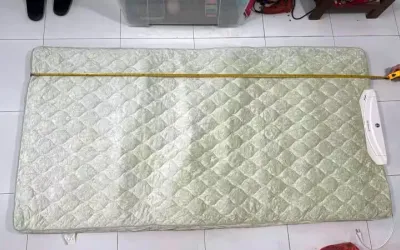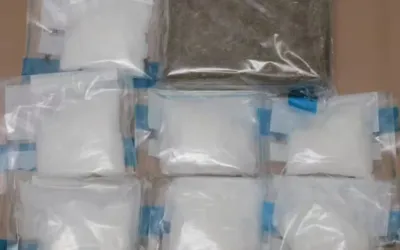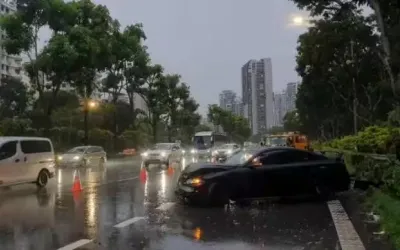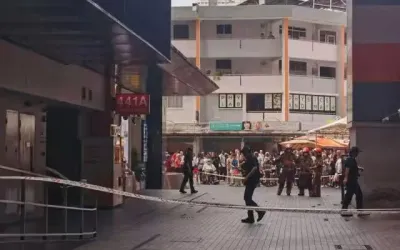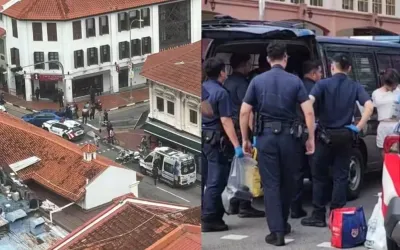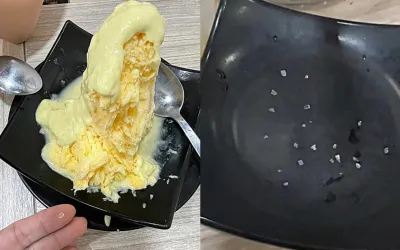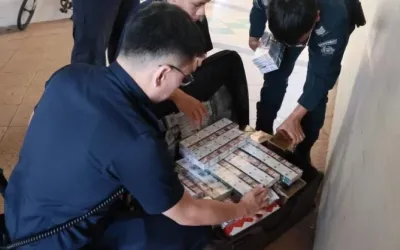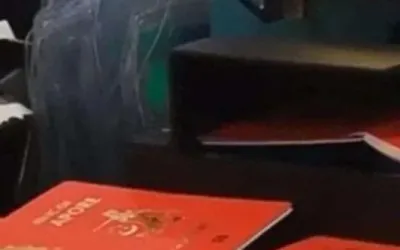2024年7月2日,新加坡永續發展與環境部長傅海燕在國會書面答覆義順集選區議員黃國光有關海洋垃圾全國行動戰略的進展情況。
以下內容為新加坡眼根據國會英文資料翻譯整理:
黃國光(義順集選區議員)先生詢問永續發展與環境部長:是否可以提供海洋垃圾全國行動戰略下解決海洋垃圾問題的最新進展?
傅海燕(永續發展與環境部長)女士:新加坡的海洋垃圾全國行動戰略 (NASML) 於2022年啟動。全國行動戰略 (NASML) 下有六個優先領域:(a) 減少陸地垃圾來源;(b) 減少海上垃圾來源;(c) 循環經濟方法;(d) 研究與開發;(e) 保持和加強外聯與利益相關方參與;(f) 國際參與與合作。
國家環境局 (NEA) 進行了一項研究,以更好地了解我國海岸線、內陸水道和海水中海洋塑料垃圾的來源。這項於2023年底完成的研究發現,我國休閒海灘上約97%的塑料垃圾來自海洋。這一發現再次證明了我們的廢物管理策略在防止內陸活動將塑料垃圾引入海洋方面的有效性。研究還發現,在季風季節,被衝上海岸的塑料垃圾明顯增多。為此,國家環境局在季風季節加強了清潔工作,以清除增加的海洋垃圾。許多志願者也參與並領導了定期的海灘清理活動。
我們積極與區域和國際平台的同行合作,以解決跨境海洋垃圾問題。在東南亞國協 (ASEAN) 沿海和海洋環境工作組,我們正在與東協鄰國和世界銀行合作開展防治海洋塑料垃圾項目,該項目將推動國家和地區採取措施解決海洋垃圾問題。在國際舞台上,我們正在參與塑料污染問題政府間談判委員會的談判,該委員會旨在制定一項關於塑料污染(包括海洋環境中的塑料污染)的具有法律約束力的國際文書。
總的來說,我們在各個領域的努力將有助於解決海洋垃圾問題。

以下是英文質詢內容:
Mr Louis Ng Kok Kwang asked the Minister for Sustainability and the Environment whether she can provide an update on the progress made towards tackling marine litter under the National Action Strategy on Marine Litter.
Ms Grace Fu Hai Yien: Singapore's National Action Strategy for Marine Litter (NASML) was launched in 2022. There are six priority areas under the NASML: (a) Reduction of Land-Based Sources of Litter; (b) Reduction of Sea-Based Sources of Litter; (c) Circular Economy Approach; (d) Research and Development (e) Maintaining and Strengthening Outreach and Stakeholder Engagement; and (f) International Engagement and Collaboration.
The National Environment Agency (NEA) has carried out a study to better understand the origins of marine plastic litter along our shoreline, inland waterways and marine waters. The study, which was completed in end 2023, found that about 97% of plastic waste on our recreational beaches originated from marine sources. This finding reaffirms the effectiveness of our waste management strategies in preventing the introduction of plastic waste from inland activities into the sea. The study also found that during monsoon seasons, there were notably higher amounts of plastic waste washed onto our shores. In response, NEA has stepped up cleaning efforts during monsoon seasons to remove the increased amounts of marine litter. Many volunteers have also participated and led regular beach clean-ups.
We have actively engaged counterparts at regional and international platforms to tackle the issue of transboundary marine litter. At the Association of Southeast Asian Nations (ASEAN) Working Group on Coastal and Marine Environment, we are working with our fellow ASEAN neighbours and the World Bank on the Southeast Asia Regional Programme on Combating Marine Plastics project, which will drive national and regional initiatives to tackle marine litter. At the international stage, we are engaging in negotiations on the Intergovernmental Negotiating Committee on Plastic Pollution, which aims to develop an international legally binding instrument on plastic pollution, including in the marine environment.
Collectively, our efforts in the various areas will help to tackle the issue of marine litter.
HQ丨編輯
HQ丨編審
新加坡國會丨來源

